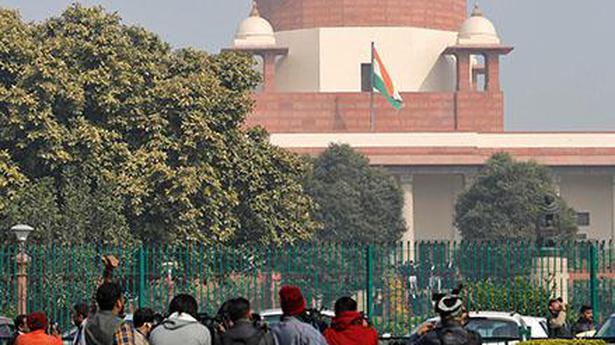
The Supreme Court on Tuesday gave major relief to multinationals Nikon, Canon, Sony and Samsung when it quashed an order of the Central Excise and Service Tax Appellate Tribunal (CESTAT) and paid the basic customs duty for import duties to the companies Retained the exemption granted to. Their digital still image video camera.
The waiver to pay the fee was based on the 2005 notification, which was amended in 2012.
The companies moved the apex court against CESTAT’s order of 2107, which refused to grant them exemption, which led to confiscation of goods, demand for interest and fines under various sections of the Customs Act of 1962. Was.
DRI verb
The CESTAT order was based on an action by the Directorate of Revenue Intelligence (DRI) in 2012 to collect charges from cameras imported to them in Delhi. An Additional Director General of DRI issued notice under Section 28 (4) of Customs. Act to companies for collection of fees.
The DRI action was taken despite the cameras being cleared for import after a team led by the Deputy Commissioner of Customs at Delhi Airport was found eligible for duty exemption.
The DRI had argued that customs officials were “motivated” by “willful inaccurate statements and suppression of facts” about the camera.
‘no right’
In a 21-page judgment, a three-judge bench headed by Chief Justice of India Sharad A. Bobde said that the DRI has no authority to initiate recovery against the companies.
The Additional Director General of DRI was also not the “proper officer” to authorize recovery.
Justice Bobde, who wrote the judgment, stated that the “proper officer” was the Customs or its successors because it was their office that initially assessed the cameras and found them fit for the exemption as per the notification.
“Where an officer has exercised his powers of assessment, the power to order revaluation should also be exercised by the same officer or his successor and not by any other officer of any other department, although he is an officer of the same rank. Is designated to be. In our view, this would result in a lawless and uncontrolled operation of the statute, “the bench said in its ruling.
.
Leave a Reply